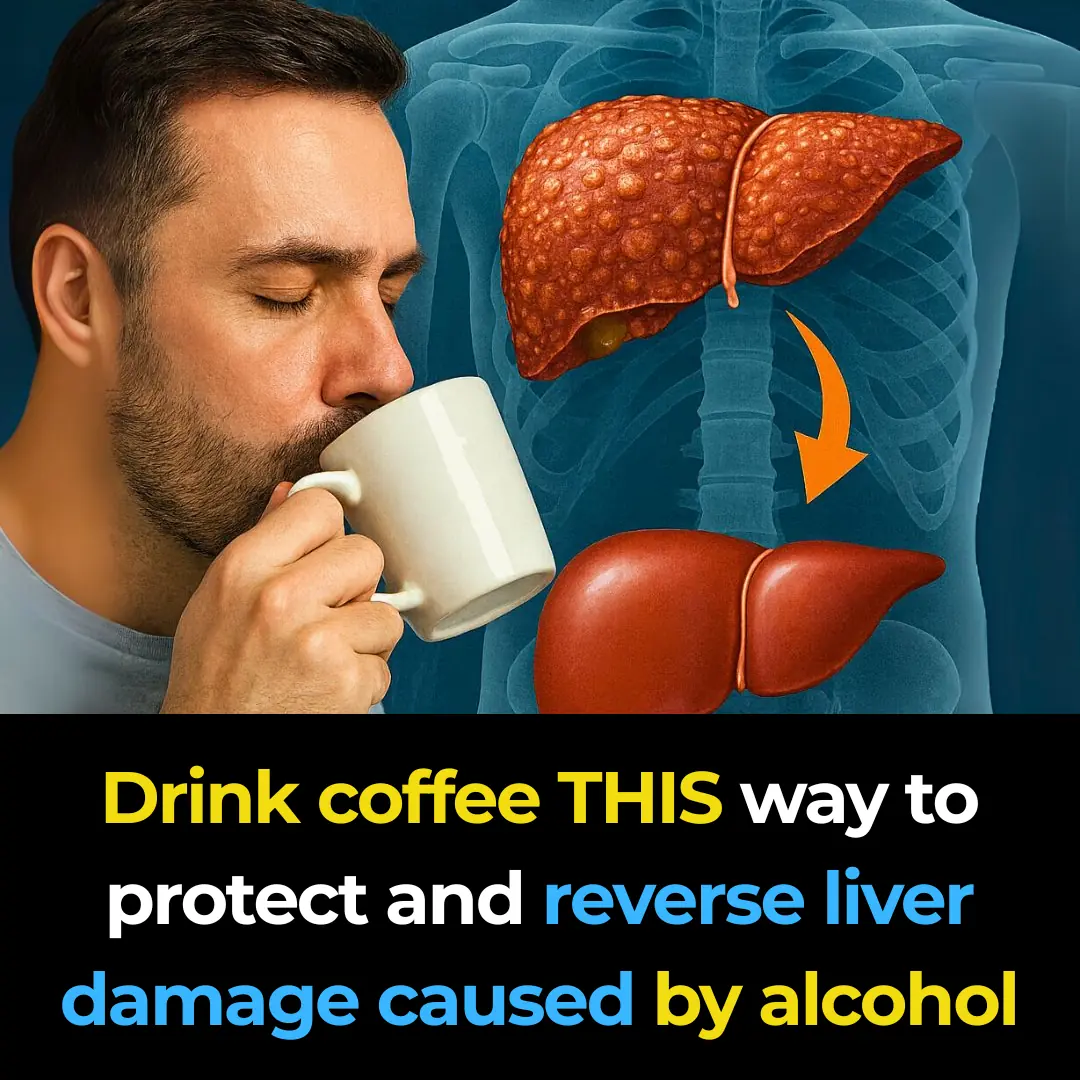
4 Reasons Why Cardiac Arrests Happen in The Bathroom

Most people spend an average of 30 minutes in the bathroom each day, which is quite normal. However, what’s surprising is the disproportionately high rate of heart attacks and cardiac arrests that occur during that period of time.
The critical aspect of heart problems is their time sensitivity. When a person receives treatment within minutes, cardiac arrest can be reversed. However, because bathrooms are private spaces, detection and resuscitation are often delayed, leading to poor outcomes. One expert notes that the frequency of collapse is 8 percent, with a mere 13 percent chance of revival.
What is Cardiac Arrest?
It's essential to distinguish between cardiac arrest, heart attack, and heart failure, as they are often mistakenly used interchangeably, despite being different conditions.
-
Cardiac arrest occurs when the heart suddenly stops beating. This halts the flow of oxygenated blood to vital organs, leading to a collapse and, if untreated, death.
-
Heart attack happens when a part of the heart doesn’t receive enough oxygenated blood, usually due to a blockage in an artery supplying blood to the heart.
-
Heart failure is a chronic condition that develops after the heart has been weakened or damaged, preventing it from pumping blood effectively to meet the body’s needs.
Why Do Cardiac Arrests Happen in the Bathroom?
A cardiac arrest is more likely when you're bathing, showering, or even having a bowel movement due to the physical strain these activities can place on your body.
1. Being Constipated is Bad for Your Heart
Chronic constipation has been linked to a higher risk of cardiovascular events, including heart attacks, strokes, and sudden cardiac death.
When you’re constipated, you may instinctively perform the Valsalva maneuver to relieve yourself. This involves straining and increasing abdominal pressure to push out stools. While common, this can be dangerous for individuals with heart problems. The strain increases chest pressure, reducing blood flow to the heart and slowing its pumping. This can decrease blood supply to the brain, potentially causing fainting.
Fainting causes the body to suddenly relax, which can increase blood pressure sharply and lead to strokes or even heart attacks in some cases. If your heart function is already compromised, this straining can trigger a life-threatening event like cardiac arrest or stroke.
2. Choosing the Wrong Temperature
Taking a shower with water that is too cold (below 70°F) or too hot (above 112°F) can quickly affect your heart rate, putting stress on your arteries and capillaries.
While a warm bath can be soothing after a long day, hot water can trigger cardiac events, especially in individuals with preexisting cardiovascular conditions such as high blood pressure or heart disease. It’s important to avoid excessively hot showers, particularly if you’ve taken medications like sleep aids or relaxants.
3. Mistaking the Correct Dosage
Mistakes in medication dosages can lead to sudden cardiac arrest. Many people store their prescriptions in bathroom medicine cabinets, which may increase the risk of taking incorrect doses in a rushed environment. This oversight can be fatal, particularly if it involves medications that affect heart function.
4. Slipping in the Bathroom
Bathrooms are typically wet and have slippery surfaces, often coupled with sharp edges that pose additional risks. When elderly or frail individuals slip, they may hit their heads, leading to fainting or brain hemorrhaging (subdural hemorrhage).
Although fainting itself might not cause cardiac arrest, it can be just as dangerous if help is not available. To reduce the risk, consider using bath mats with suction cups to cover slippery surfaces and set up a safety check-in system with a family member if you tend to stay in the bathroom for extended periods.
Prevention Tips
-
Use bath mats with suction cups to prevent slipping.
-
If you have a cardiovascular condition, avoid extreme water temperatures.
-
Keep medication bottles in places that encourage careful reading of dosages, like the kitchen or bedroom.
-
Ensure someone is available to check on you after you've been in the bathroom for a long time.
By being mindful of these risks and taking preventive measures, you can minimize the chances of heart problems occurring while in the bathroom.
News in the same category


Seniors: the 1 simple ingredient that quickly rebuilds muscle

Doctors warn: this 1 cancer sign may show up in your sheets

How Water Fasting Can Regenerate the Immune System, Slow Aging, Reduce Heart Attack Risk and More
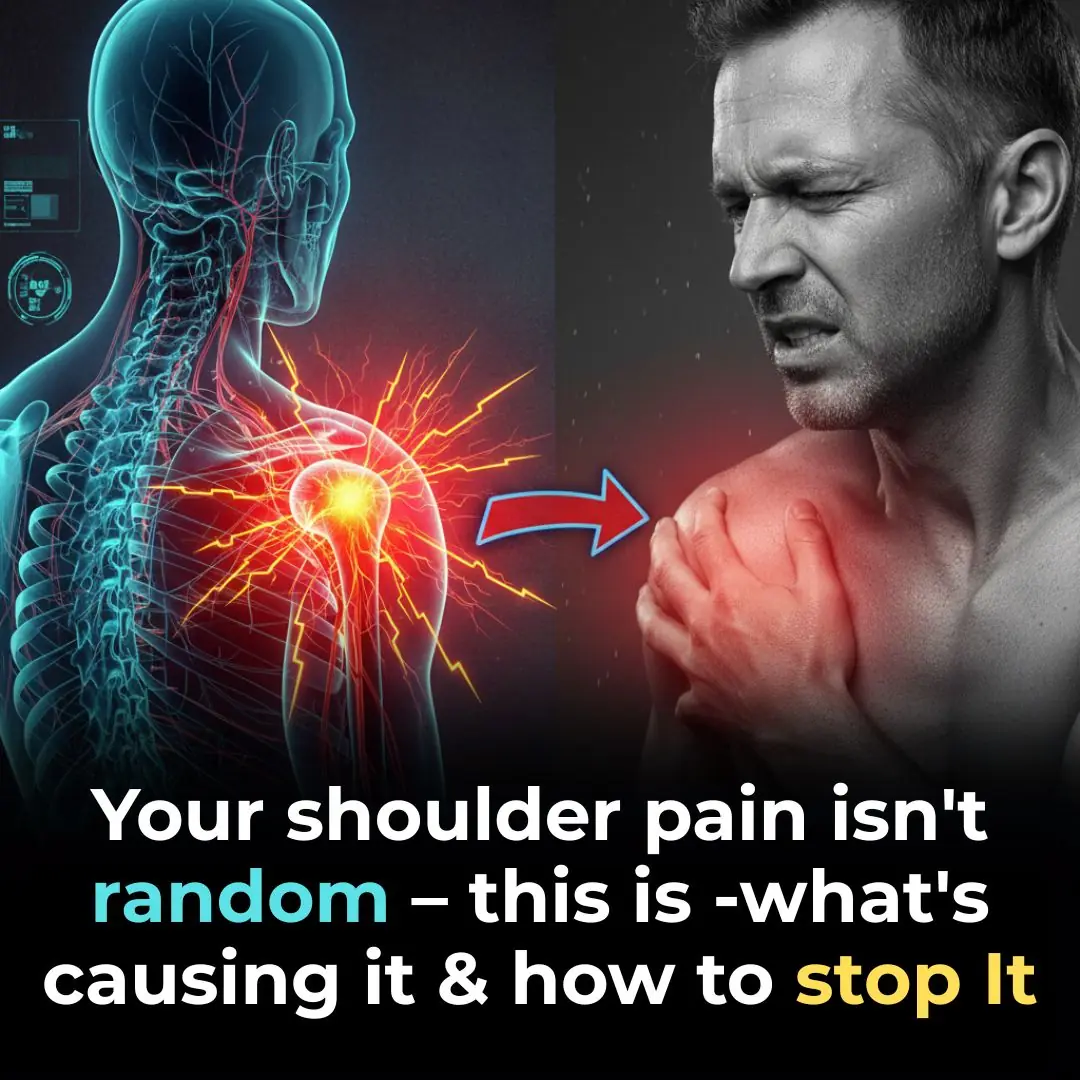
Shoulder Pain from Sleeping: Causes, Solutions and More

Cancer hates these 6 fruits—eat them to fight back!

Canadian Researchers Discover New Evidence That Vitamin D Shuts Down Cancer Cells
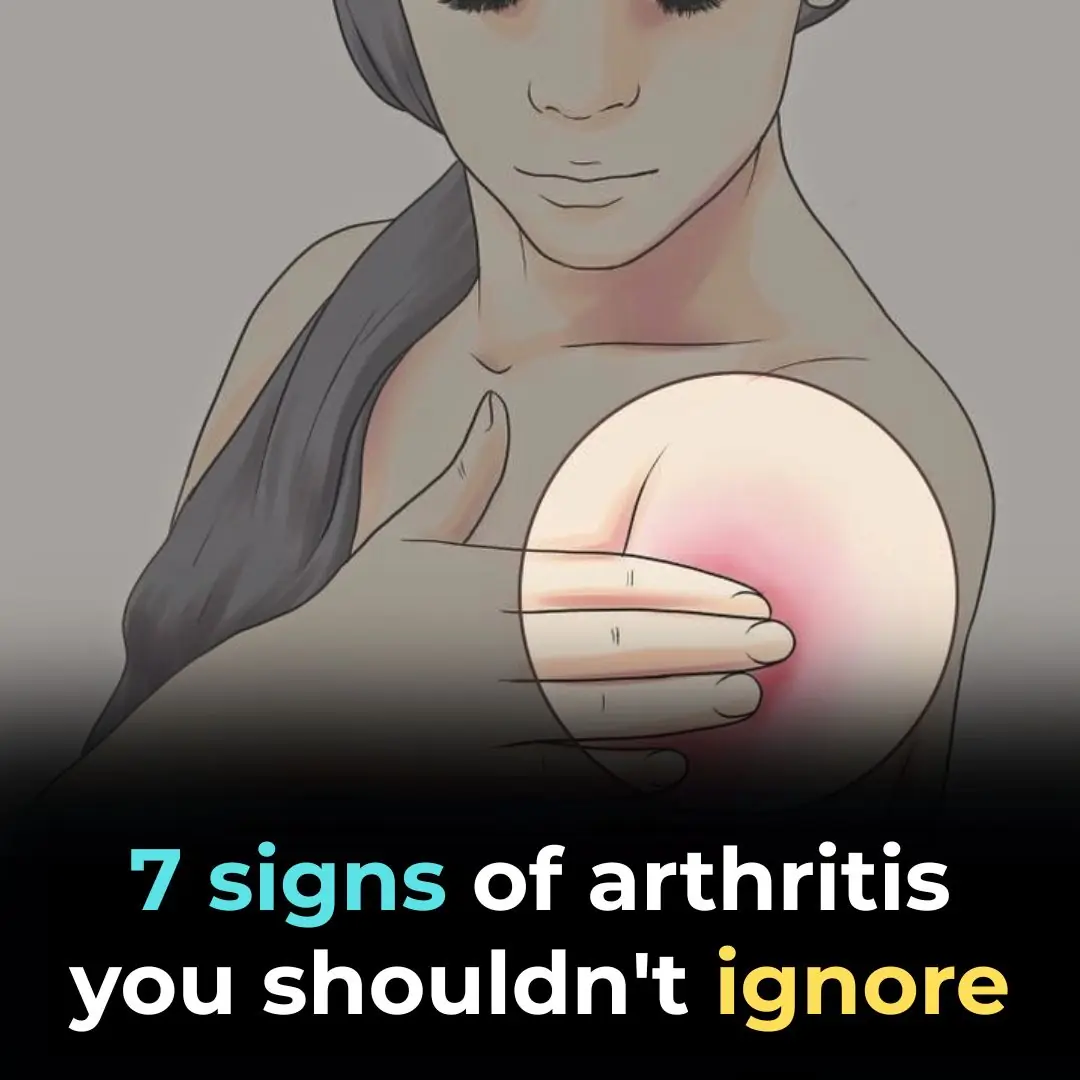
Signs of Arthritis You Shouldn’t Ignore

Research Reveals Two Life Stages of Accelerated Aging

9 Convincing Reasons to Consume More Dates

Unlocking the Hidden Potential of Papaya Seeds: A Nutritional Treasure

Garlic & Black Pepper: The Kitchen Cure for Leg Pain and More
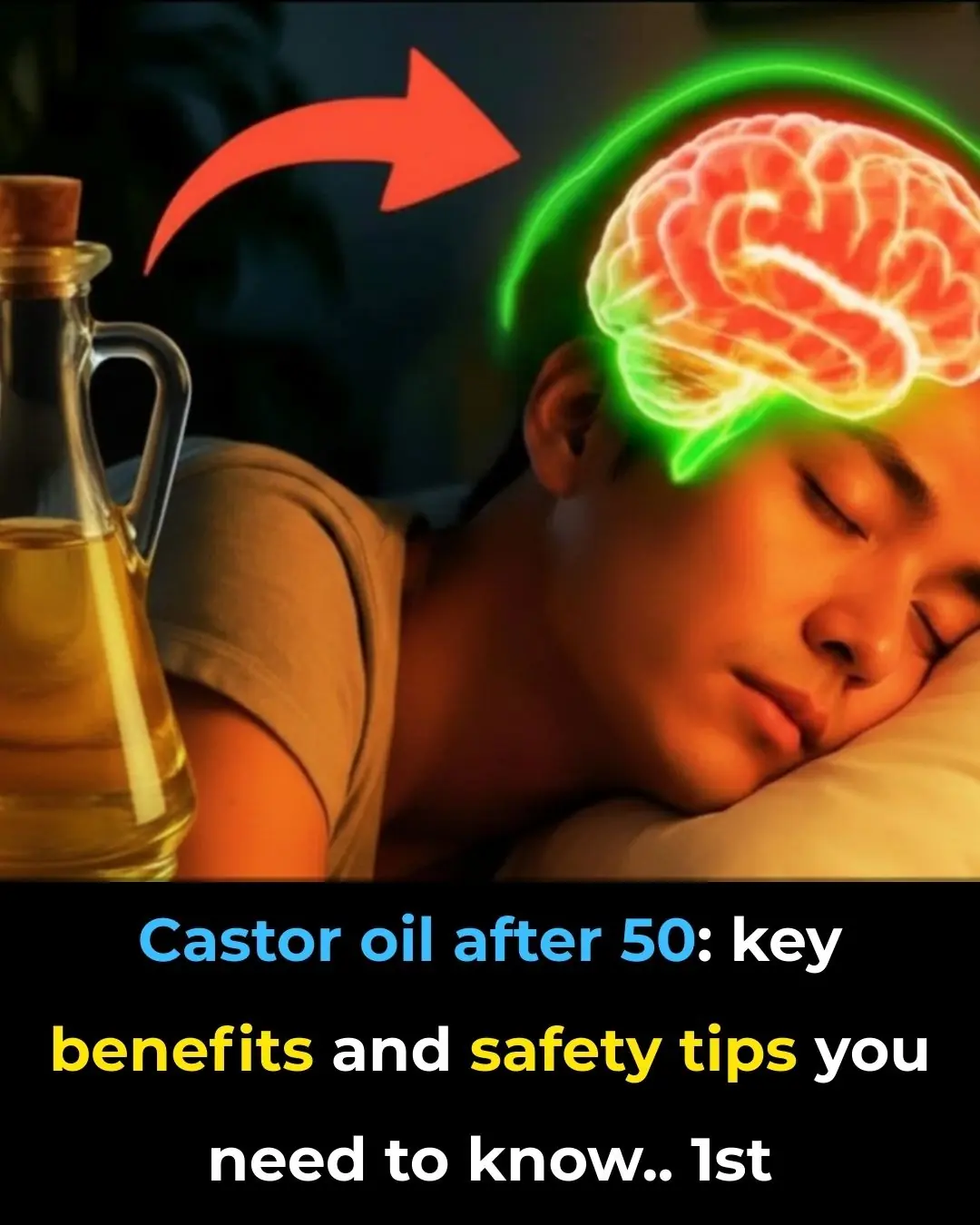
Castor oil for older adults: key benefits and safety tips you shouldn’t miss

Top 10 signs of a gallbladder attack

Which fruit prevents cancer cells from growing rapidly?
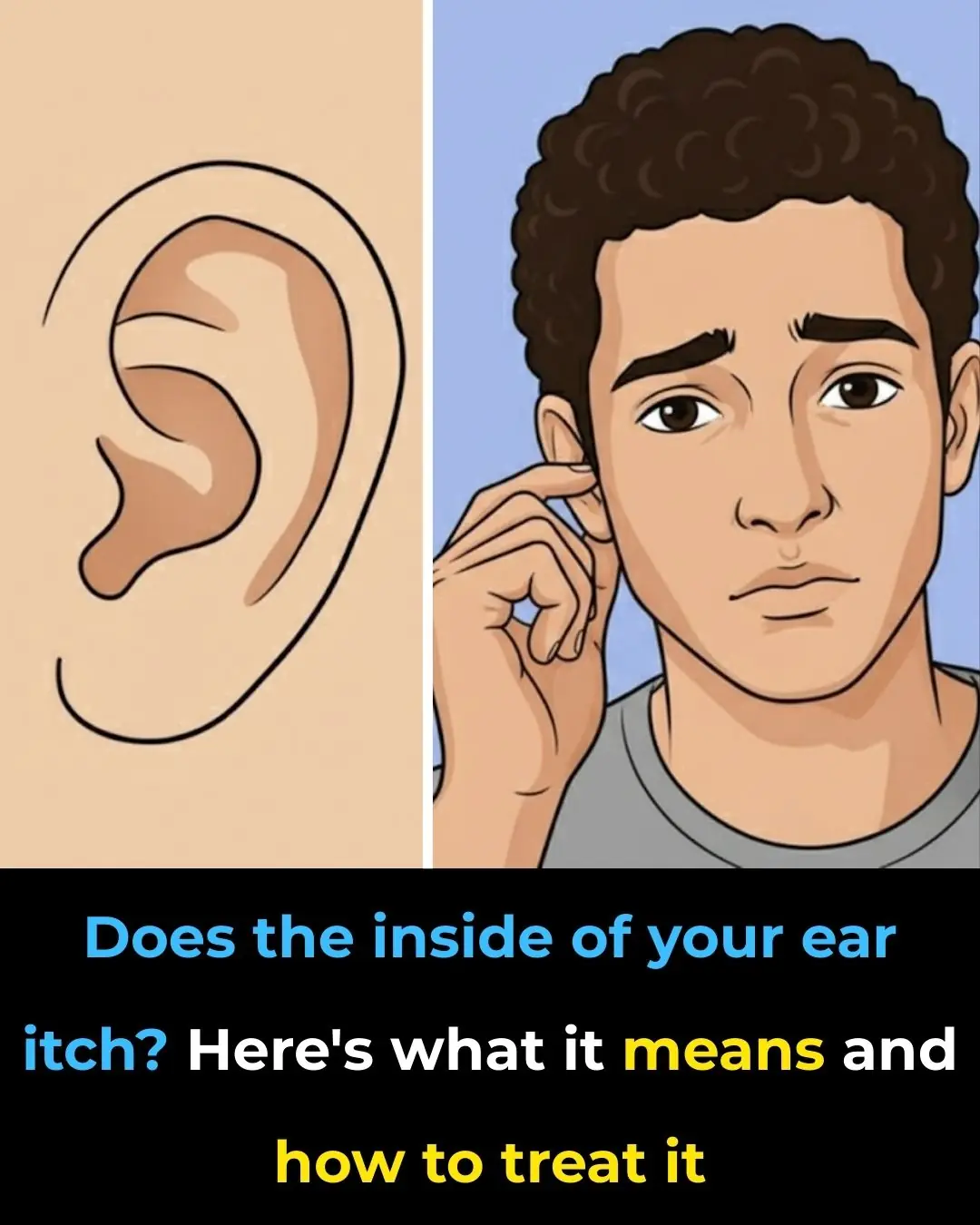
Does The Inside Of Your Ear Itch
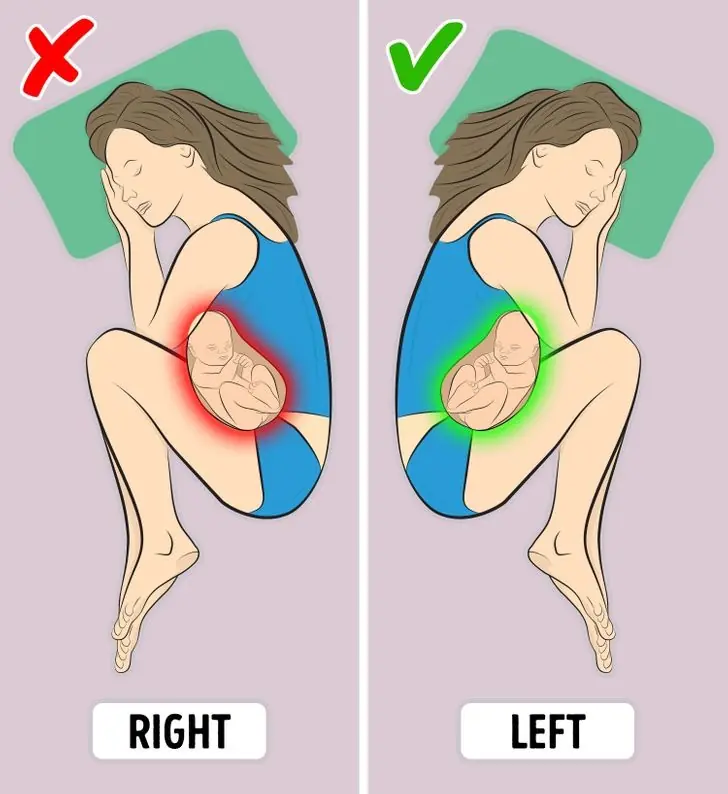
Disadvantages of Sleeping on Your Right Side: What Your Body Isn’t Telling You

A Natural Remedy for Thinning Hair

Simple Aloe Vera Trick Will Leave Your Skin Glowing
News Post

The fish that is the "king of omega-3," with salmon only ranking second: Sold everywhere in Vietnamese markets at incredibly low prices.

Tips for using rice water and ginger to nourish your hair, promoting faster growth and making it thicker, darker, and shinier.

Treat premature gray hair with a black dye formula made from sour starfruit and potatoes, as cheap as can be!

How to store chili peppers for months while keeping them as fresh as the day they were picked, with firm, plump flesh that doesn’t dry out or lose flavor.

10 people eat avocado, but 9 of them discard this part without realizing it's a "treasure."

How to help you travel thousands of miles without getting motion sickness.

Stick an Urgo Patch on Your Fan: A Clever Trick That Brings Amazing Benefits—Don’t Miss Out if You Haven’t Tried It
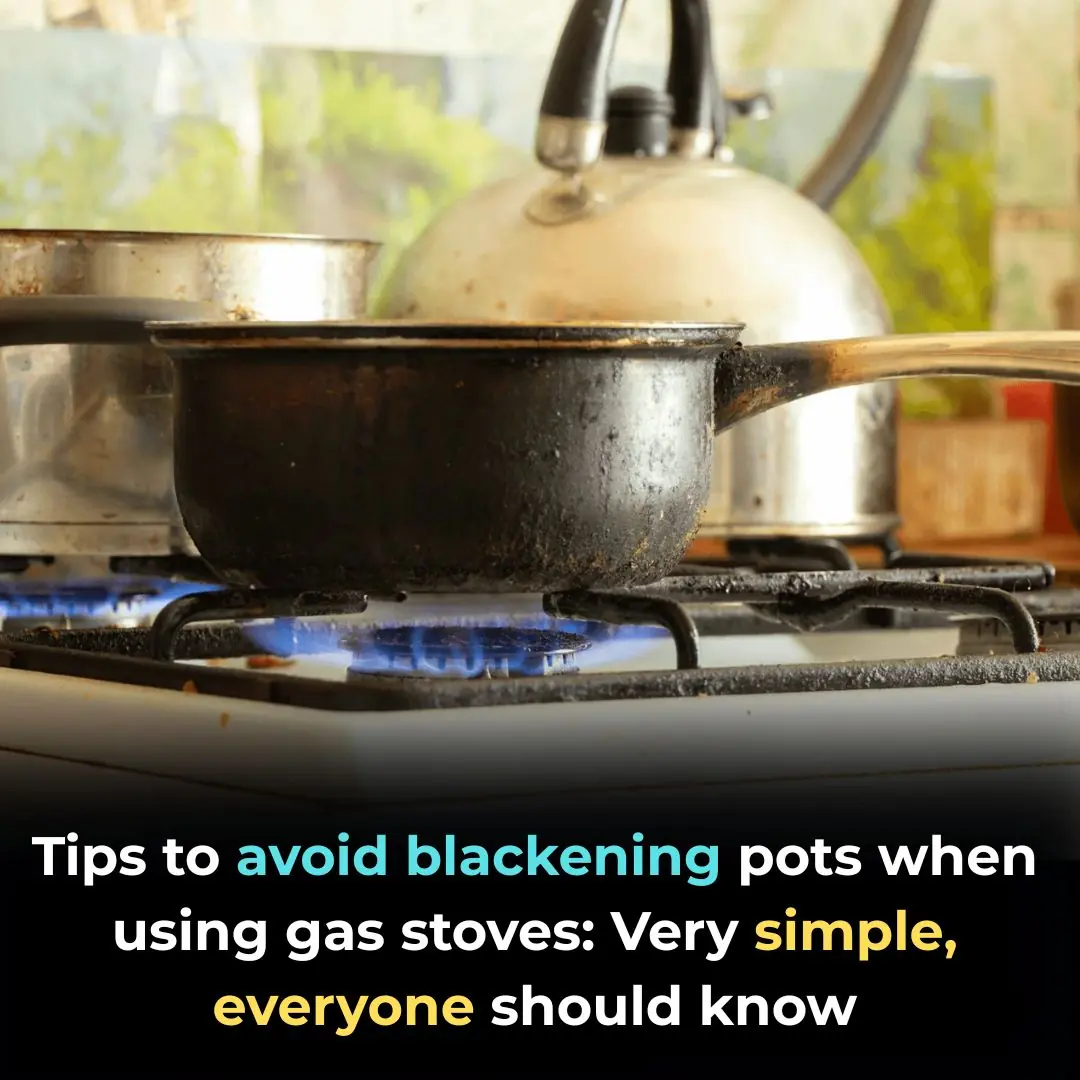
Tips to Prevent Blackening of Pots When Using a Gas Stove: Very Simple, Everyone Should Know

Drink coffee THIS way to protect and reverse liver damage caused by alcohol

Seniors: the 1 simple ingredient that quickly rebuilds muscle

Doctors warn: this 1 cancer sign may show up in your sheets

Don’t Throw Away Bubble Wrap — Keep It in Your Kitchen to Discover These Amazing Benefits

Revive Your Nails with This Garlic Secret

17 Natural Habits to Keep Your Colon Healthy

7 Nettle benefits and uses

7 Benefits Of Papaya Seeds & How To Consume Them Correctly

How Water Fasting Can Regenerate the Immune System, Slow Aging, Reduce Heart Attack Risk and More

Shoulder Pain from Sleeping: Causes, Solutions and More
